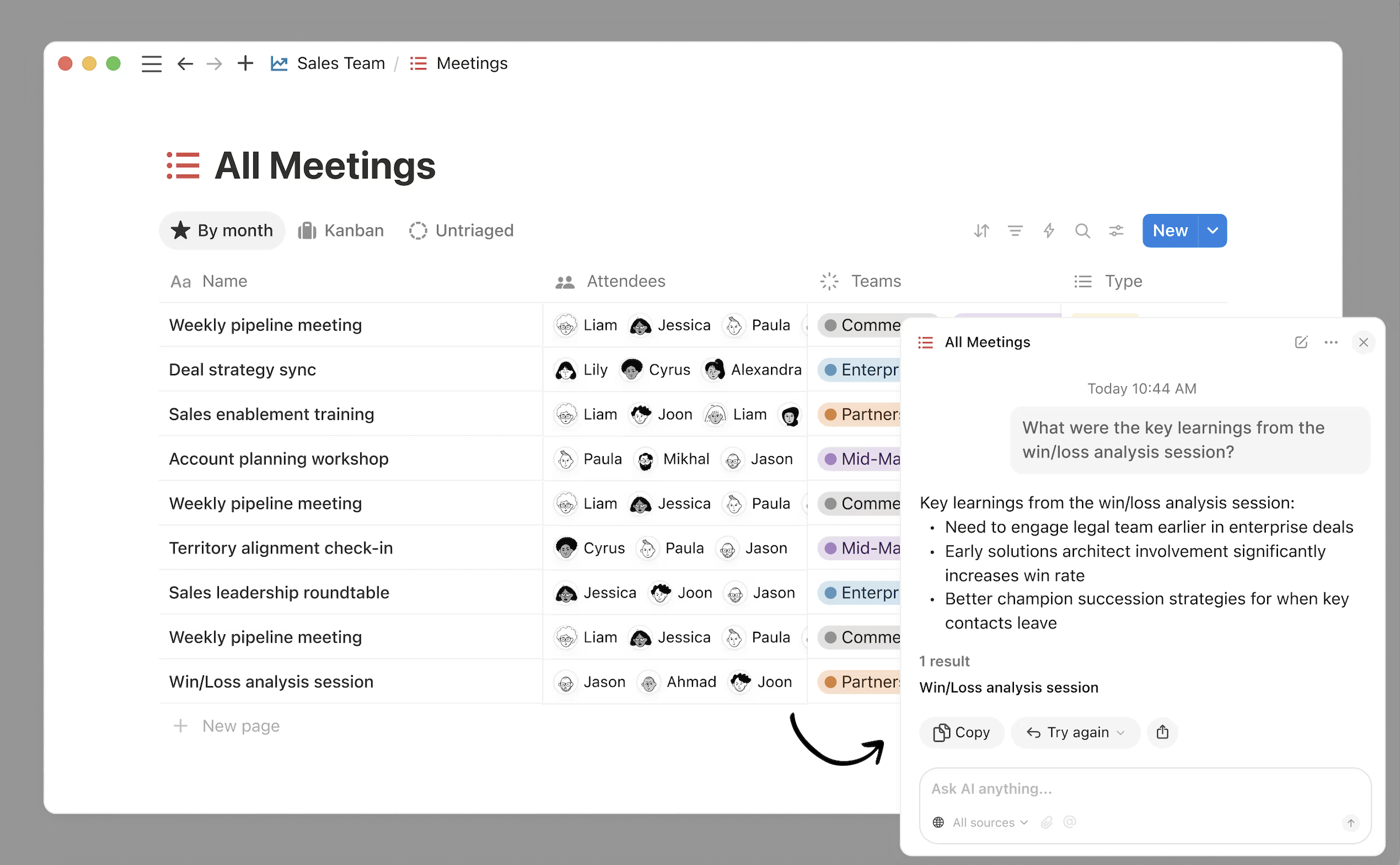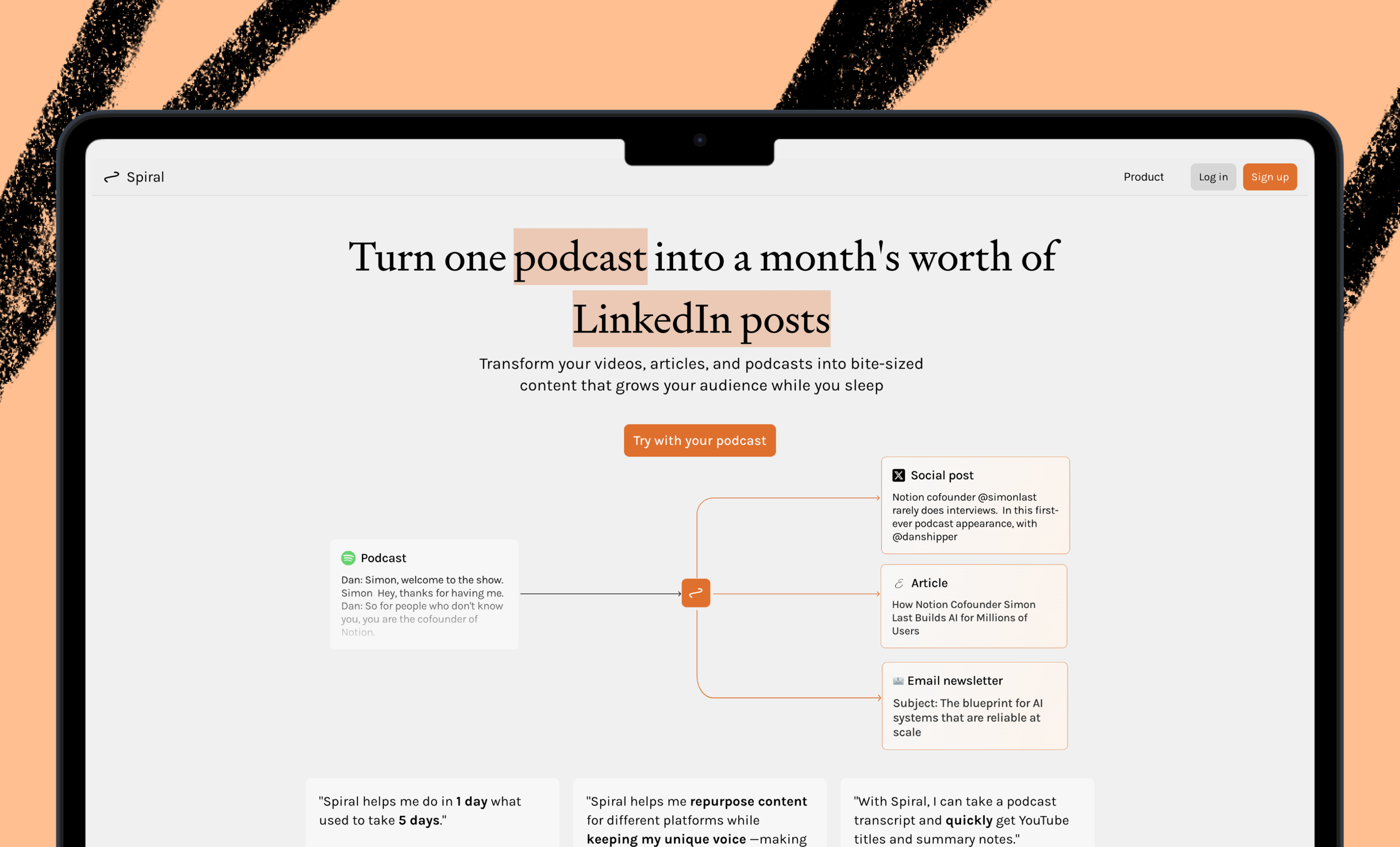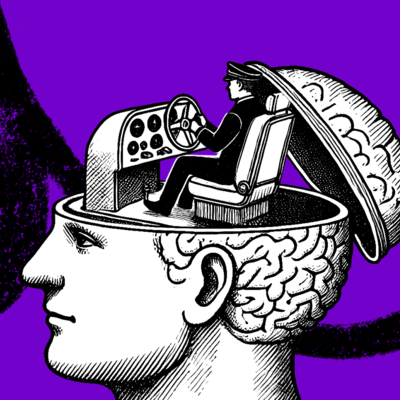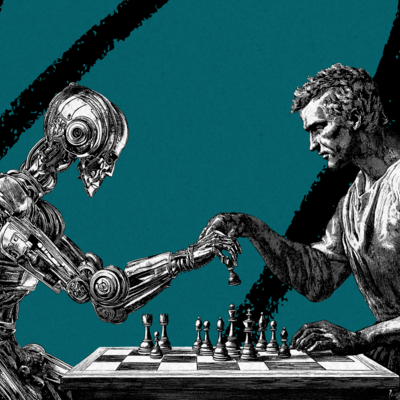
Was this newsletter forwarded to you? Sign up to get it in your inbox.
A good rule of thumb for a good software business is the toothbrush test: Is your product good enough for people to use at least twice a day?
But AI agents are creating a new test, what I’m calling the magic minimum: Can your product periodically deliver enough unexpected value to be irreplaceable, even if users only engage with it once or twice a month?
In the allocation economy, the universe of viable software businesses expands: an entire ecosystem of specialized agents quietly working in the background, earning their keep through occasional moments of delight.
The origins of the toothbrush test
Larry Page created the toothbrush test early on at Google to filter new product bets like Gmail, and acquisitions like YouTube and Android.
It’s useful because it filters for high-upside products. The biggest software businesses are daily habits. They become indispensable tools people reflexively turn to multiple times a day.
This constraint—that great software businesses need to be a daily habit—is driven by human psychology: You only remember things you use a lot.
The toothbrush test constrains the universe of software businesses
This constraint has shaped the entire software industry.
We can only remember to use so many products, which kills the upside in the long tail: Even if a specialized tool would be perfect for your need, if it’s something you’re only going to use every once in a while, you'll probably use a feature in Notion or Excel. It's not that better tools don't exist; it's that you'll forget they exist. So they can survive in the corners of the internet, but their growth is limited. (Of course, daily-use specialized tools flourished pre-AI, and will continue to.)
The market consolidates around a few giant Swiss Army knife products rather than an ecosystem of focused, occasional-use tools.
The magic minimum: proactive value, periodically
AI agents change this dynamic. In an agentic world, it’s still valuable to be a daily-use product. (Exhibit A: The money-printer called ChatGPT.) But there’s much more opportunity for a long tail of products that you only use a few times a week or a few times a month.
Notion just got smarter
Piecemeal AI tools can only get you so far. Notion offers the full experience. Its new AI offerings help you chat with GPT-4.1 and Claude 3.7 to integrate everything you do at work. Capture, summarize, and store your meeting notes in the right place, create fully contextualized documents before meetings, and get unstuck by scouring everything you’ve written. Make sure you’re seeing the whole picture.
There’s a simple reason: Agents can be proactive. As we get closer and closer to AGI, agents will be able to do more and more on their own. Rather than waiting for you to remember to open them, they’ll be able to work on their own and pop up when they’ve done something valuable.
Recently we implemented an internal version of Spiral, our agentic ghostwriter, inside of the Every Discord server. Once a day, it reads everything we talk about in all of our channels and pings me with a few pitches for tweets I could write about our internal conversations.
Before this feature, Spiral could only survive as a daily-use product. Otherwise, you’d drift back to ChatGPT even if it was worse. But a proactive agent is much harder to forget about.
If you can build a product that hits the magic minimum, you can build a great business even if it’s not something users open every day.
A good analogy is professional services: You probably spend a lot of money on experts that you don’t see every day, like your therapist. You also don’t forget they exist—your therapist remembers you and reaches out if you start missing sessions. Your dentist pings you when it’s time for your yearly cleaning. Same with your accountant.
AI agents will work the same way—and they already are. For example, Sparkle, our AI file cleaning app, runs in the background keeping your Mac organized for you. You rarely actually use it, but it’s always working for you.
More of these businesses will emerge over time, and they’ll be able to grow much larger than occasional-use tools were able to in the past.
In an allocation economy, the toothbrush test still applies, but it’s not definitive. As long as you meet the magic minimum, you’ll earn your right to exist.
Dan Shipper is the cofounder and CEO of Every, where he writes the Chain of Thought column and hosts the podcast AI & I. You can follow him on X at @danshipper and on LinkedIn, and Every on X at @every and on LinkedIn.
We build AI tools for readers like you. Automate repeat writing with Spiral. Organize files automatically with Sparkle. Deliver yourself from email with Cora.
We also do AI training, adoption, and innovation for companies. Work with us to bring AI into your organization.
Get paid for sharing Every with your friends. Join our referral program.
Ideas and Apps to
Thrive in the AI Age
The essential toolkit for those shaping the future
"This might be the best value you
can get from an AI subscription."
- Jay S.
Join 100,000+ leaders, builders, and innovators

Email address
Already have an account? Sign in
What is included in a subscription?
Daily insights from AI pioneers + early access to powerful AI tools









Comments
Don't have an account? Sign up!
I'm not sure the thing you're pointing out has as much to do with frequency of use (the pleasantly alliterative "magic minimum") as it does with *proactivity* of the system/service. The thing that is making your product examples valuable enough despite not necessarily having daily use is not that they're *so* valuable that they are still recalled weeks or months later when they're needed, it's that they remind the user or act on their behalf with autonomy. This keeps it alive in mind while outsourcing the need to actively recall it, and it becomes a key component of the value the product/service provides because of that. It brings peace of mind along with whatever direct utility it provides. Just like a security system may be active every moment of every day (no "magic minimum"), and may never even trigger if you aren't robbed and there's no malfunction, yet it still provides value in good part from peace of mind. In the case of some of your other examples it may be less "peace of mind" as it is some other outsourcing of responsibility (task management) or thought, e.g. the Spiral case. But none of them really seem to have that much to do with a "magic minimum" to me.